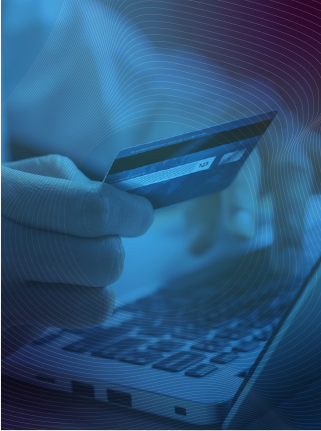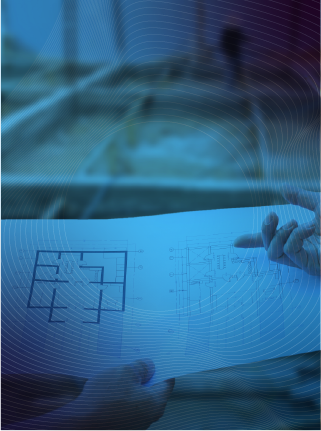Problema
La frode tramite bonifico è diventata un problema molto rilevante negli ultimi anni nel settore immobiliare. Gli attori malintenzionati sono in grado di sfruttare gli utenti meno esperti in ambito tecnologico e approfittare di annunci apparentemente legittimi, spesso rimanendo impuniti. Secondo il sondaggio ALTA 2021 Wire Fraud Survey, una transazione immobiliare su tre è bersaglio di frode tramite bonifico. Dal 2016 sono stati spesi oltre 9 miliardi di dollari* per frodi Business Email Compromise (BEC). Le frodi tramite bonifico nel settore immobiliare sono responsabili del 16% di queste perdite.
Soluzione
Grazie al loro alto livello di sicurezza, le soluzioni basate su blockchain rendono più difficile l’intercettazione e la manipolazione delle istruzioni di bonifico nelle transazioni immobiliari. Inoltre, tramite contratti intelligenti ed escrow è possibile evitare completamente il problema fornendo trigger specifici per l’esecuzione delle transazioni, nonché notarizzando ogni fase del processo e autenticandola con un mix di identità digitali e procedure Know Your Customer (KYC).
Close





